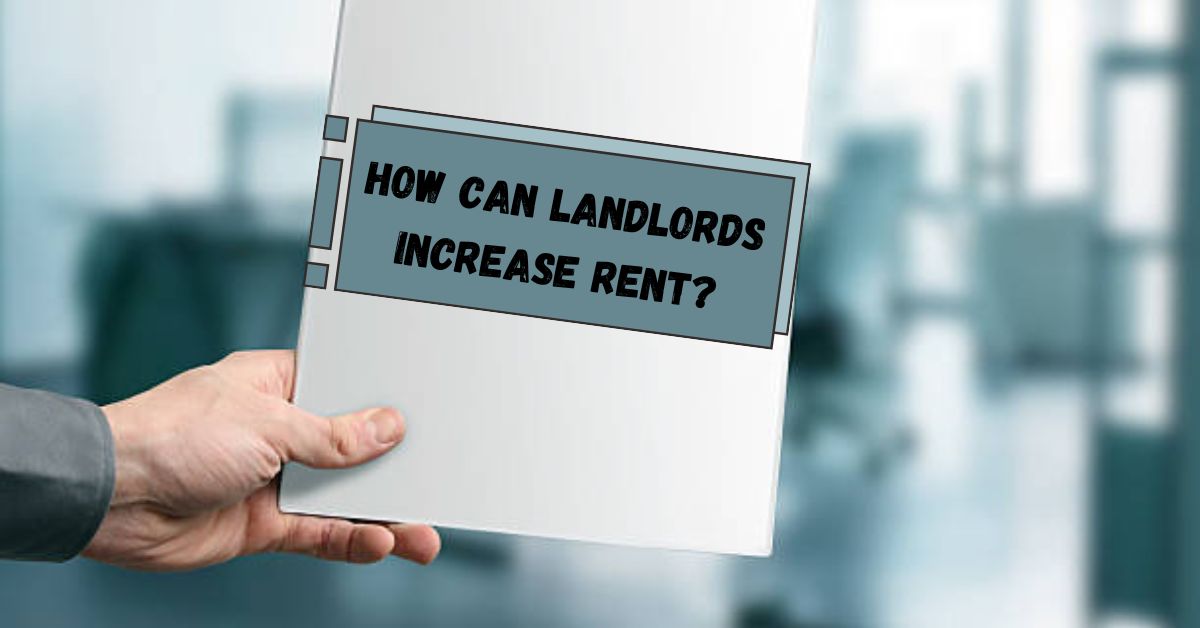Rent Increase Law in Dubai – Know Your Rights & Legal Limits!
Dubai’s rental market is governed by laws designed to protect both landlords and tenants. The rent increase regulations ensure that rental adjustments are fair and aligned with market conditions. Understanding these laws is crucial for property owners and renters to avoid disputes and maintain a smooth rental experience.
Legal Framework Governing Rent Increases:
The primary legislation regulating rent increases in Dubai is Decree No. 43 of 2013, which was issued by the Dubai Land Department (DLD) and enforced by the Real Estate Regulatory Agency (RERA). This decree establishes a structured formula for permissible rent increases based on the market value of similar properties.
How Does the RERA Rent Index Work?
The RERA Rent Index is a tool used to determine permissible rent increases. It considers several factors, including:
- Property Location: The area where the property is situated.
- Property Type: Whether it is an apartment, villa, or commercial space.
- Property Size: The total built-up area of the rental unit.
- Current Market Conditions: The supply and demand trends influencing rental prices.
The RERA rent increase calculator determines the top rental escalation percentage based on the current market rate, ensuring that rent increases are fair and justified.
Conditions For Rent Increases – Must Know!
A landlord in Dubai cannot arbitrarily increase rent. Any rent adjustment must be in accordance with the RERA Rental Index, which is updated annually and provides market benchmarks. The law specifies the following guidelines:
- No Increase: If the current rent is up to 10% below the average market rent for a similar property, no increase is allowed.
- 5% Increase: If the rent is 11% to 20% below the market average, a maximum 5% increase is permissible.
- 10% Increase: If the rent is 21% to 30% below the market average, the landlord may increase the rent by up to 10%.
- 15% Increase: If the rent is 31% to 40% below the market average, the maximum allowable increase is 15%.
- 20% Increase: If the rent is more than 40% below the market average, the landlord can raise the rent by up to 20%.
How Can Landlords Increase Rent?

- Written Notice Requirement: Landlords must give tenants written notice at least 90 days before the rental period renewal.
- Compliance with RERA Index: Landlords can only increase rent if the RERA Rent Index permits it.
- Rent Increase Notice Dubai: A formal rent increase notice must be issued following the RERA rent increase notice period.
How Can Tenants Respond to Rent Increases?
- Negotiation: Tenants can try to negotiate with their landlord for a more favorable rate.
- Use RERA Rent Calculator: Tenants can check the legality of the rent increase using the rental increase calculator.
- Seek Legal Advice: If unsure about their rights, tenants can consult a legal expert.
- Approach the Rental Dispute Centre: If tenants disagree with the rent increase, they can file a complaint with the Rental Dispute Settlement Centre (RDSC).
Resolving Rent Disputes – Don’t Miss This!
The Rent Dispute Center (RDC) helps tenants and landlords settle rent issues. If a tenant thinks a rent increase is too high or unfair, they can file a complaint with the RDC. The center checks if the increase follows legal rules.
Before Filing a Complaint
Before going to the RDC, tenants should:
- Make sure the landlord gave proper notice, usually 90 days in advance.
- Check their rental contract for any rules about rent increases.
How the RDC Decide?
The RDC uses the Rent Index to check if the rent increase is fair. This index shows the average rent prices in the area to help determine if the new rent is reasonable.
Steps to File a Dispute
- Talk to the Landlord – Try to solve the issue directly.
- File a Complaint – If talking doesn’t work, submit a complaint to the RDC with documents like the lease and past rent payments.
- Hearing & Decision – The RDC will review the case, hold hearings, and make a final decision.
- Tribunal Ruling – If no agreement is reached, the Tribunal may step in to decide on a fair rent amount.
Tips For Tenants And Landlords – Protect Your Rights Now!
For tenants:
- Stay informed about the current market trends by referring to the RERA Rental Index.
- If you receive a notice of a rent increase, review it against the index to verify whether the increase is justified.
- Ensure that landlords provide written notice at least 90 days before the lease term ends. If the notice is not given, the increase cannot be applied.
For landlords:
- Familiarize yourself with the RERA guidelines and adhere to the legal caps on rent increases.
- Maintain open communication with tenants and notify them of any increases well in advance.
- Keep your properties competitive by regularly reviewing the RERA Rental Index to stay aligned with market trends.
Impact Of Market Conditions on Rent Increases:

While the law sets clear limits on how much rent can be increased, the actual market conditions in Dubai can influence how frequently and substantially rent increases occur. During periods of high demand, such as peak tourist seasons or when significant infrastructure projects are underway, rents may naturally rise, though still within the legal parameters. On the other hand, in periods of economic downturn, rent increases may be limited.
The Dubai government continues to monitor the real estate market, introducing measures to maintain stability and ensure that the rent increase law remains relevant.
FAQs:
1. How much can a landlord increase rent in Dubai?
The maximum rent increase allowed depends on how much the current rent deviates from the market rate, as determined by the RERA rent increase law. The increase can range from 5% to 20% based on the RERA Rent Index.
2. What are the rent laws in Dubai?
Dubai’s rental laws are governed by Decree No. 43 of 2013 and enforced by RERA. These laws ensure that landlords can only increase rent based on the RERA rent increase calculator and require a rent increase notice period of at least 90 days.
3. Can a landlord increase rent in Dubai after 1 year?
Landlords can only increase rent if the RERA Rental Index allows it. Additionally, if a No rent increase for 2 years in Dubai clause is included in the contract, landlords cannot raise rent within that period.
4. Why is rent increasing in Dubai?
The rise in rental prices is driven by high demand, limited supply, and economic growth. The Rent increase calculator Dubai helps tenants understand if their rent adjustments align with market trends.
Conclusion:
Dubai’s rent increase laws are structured to ensure fairness in the rental market. By understanding the legal provisions and using available tools like the RERA Rental Index, both landlords and tenants can make informed decisions, maintain transparency, and prevent potential conflicts.
Whether you are renting a home or managing a property, staying updated with these regulations will help ensure a smooth rental experience.


